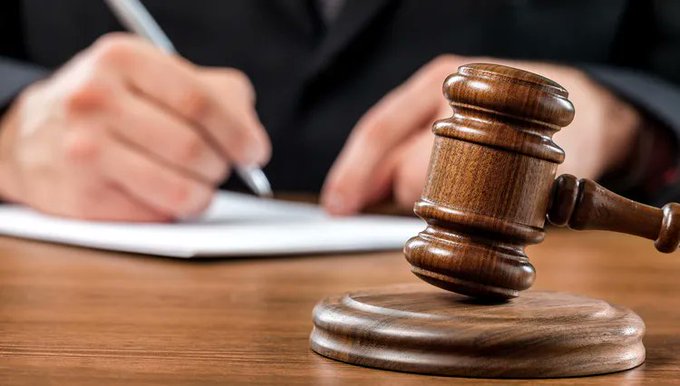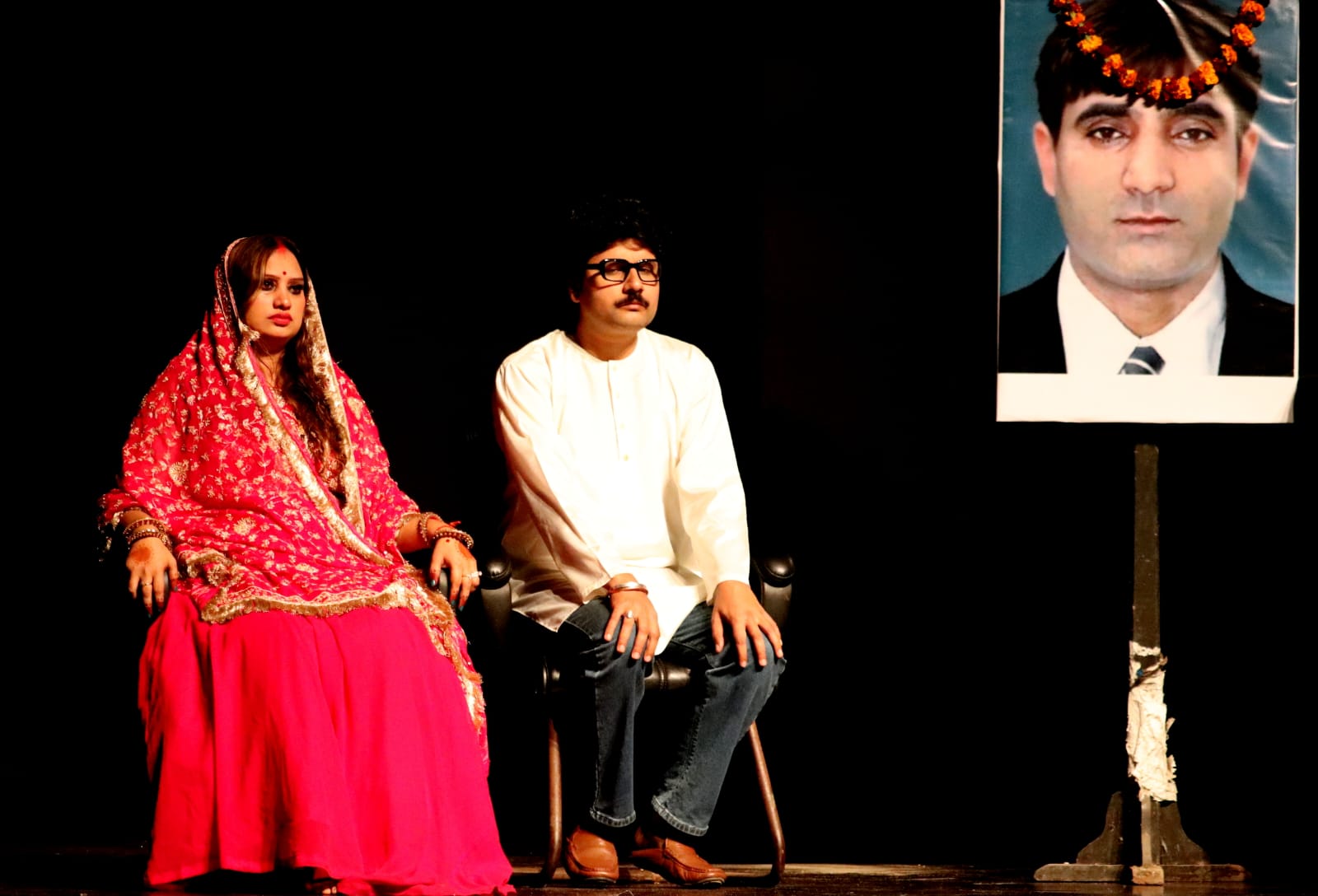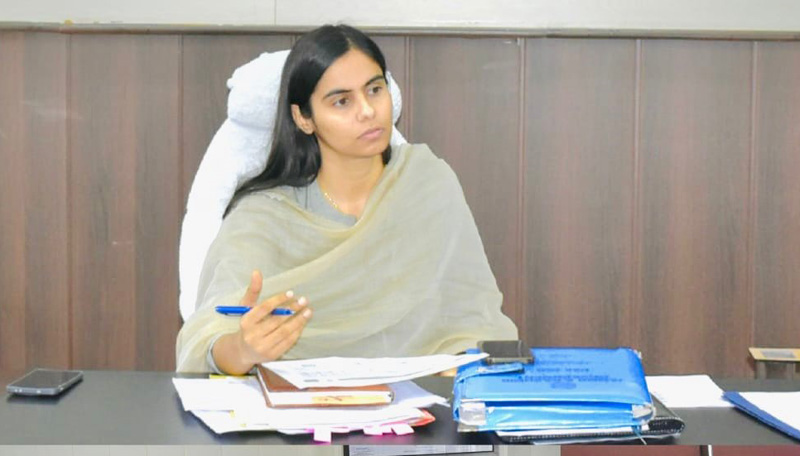JAMMU: A special court here has rejected the National Investigation Agency’s (NIA) request to conduct polygraph and narco analysis tests on two men arrested in the Pahalgam terror attack case, ruling that such “scientific techniques” would infringe on the constitutional right against self-incrimination.
The NIA, which took over the probe five days after the April 22 attack that left 26 people dead, had told the court the accused had consented to the tests to prove their innocence. However, the two accused—Bashir Ahmad Jothatd and Parvaiz Ahmed, arrested on June 26 for allegedly sheltering the attackers—denied giving any such consent.
“Both accused were produced before the court today. They clearly stated in open court that they are not willing to undergo polygraph or narco analysis,” the six-page order said.
The August 29 order, which has now come to light, noted that the NIA’s chief investigating officer had sought permission for the tests. But the Deputy Legal Aid Defence Counsel countered that no voluntary consent had been taken before a magistrate, as required by law.
Citing a Karnataka High Court judgment and NHRC guidelines, the court stressed that involuntary administration of tests like narco analysis, polygraph, or brain electrical activation profile violates Article 20(3) of the Constitution. It also underlined that such consent must be recorded before a judicial magistrate and tests conducted independently, such as in a hospital, in the presence of lawyers.
According to the NIA, the two men allegedly harboured three armed terrorists at a seasonal hut in Hill Park, Pahalgam, prior to the attack, providing them food, shelter, and logistical support. On April 22, the terrorists targeted tourists in Baisaran valley (Mini Switzerland), selectively killing them based on their religious identity. Twenty-six people died in the massacre, including 25 tourists from different states and a local, Syed Adil Shah, who tried to resist by snatching a rifle from an attacker.
Both accused have been charged under Section 19 of the Unlawful Activities (Prevention) Act, 1967, and further investigation is underway. On July 28, the Army killed all three terrorists involved in the attack.













